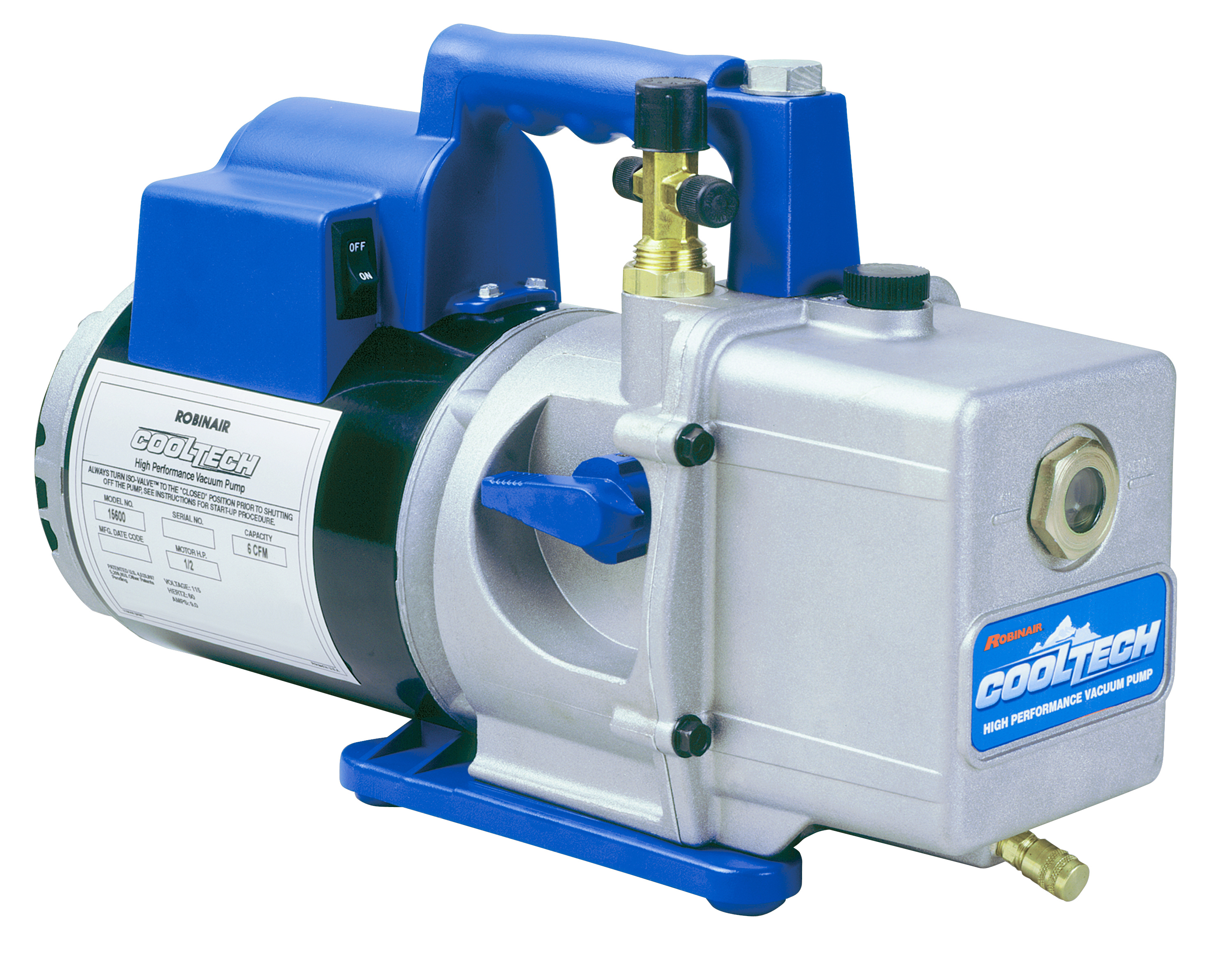In modern industrial production, vacuum pumps are essential core equipment. They create a vacuum environment by reducing pressure inside a sealed system, enabling processes such as material handling, packaging, chemical processing, and pharmaceutical applications. Selecting the right vacuum pump not only improves production efficiency but also extends equipment lifespan. This article provides a complete guide to vacuum pump types, applications, maintenance, and selection, highlighting high-quality products from Joysun Machinery.

Main Types and Features of Vacuum Pumps
Rotary Vane Vacuum Pumps
Rotary vane pumps are positive displacement pumps that use sliding vanes on a rotor to trap and compress air. Key features include:
Wide applicability: Efficient for medium vacuum processes.
High reliability: Mature mechanical design with low failure rates.
Simple maintenance: Regular oil changes and vane inspections are sufficient.
Recommended Product: Joysun X-40 Single-Stage Rotary Vane Vacuum Pump – suitable for small to medium industrial applications, stable and energy-efficient.View Product Details
Roots Vacuum Pumps
Roots pumps use two counter-rotating rotors to directly move air without contact with the pump casing, reducing wear and extending lifespan:
Ideal for combined use: Often paired with water ring or oil-sealed pumps for higher vacuum levels.
Long service life: Non-contact design reduces failure risk.
High efficiency: Suitable for continuous industrial operation.
Screw Vacuum Pumps
Screw pumps employ two intermeshing screws to trap and compress air, operating oil-free, making them ideal for contamination-sensitive processes:
Energy-efficient and environmentally friendly: Reduces oil pollution and improves product safety.
Versatile applications: Widely used in food processing, pharmaceuticals, and chemical production.
Continuous operation capability: High stability and low maintenance cost.
Key Applications of Vacuum Pumps
Packaging Industry
Vacuum pumps are critical in packaging food, pharmaceuticals, and electronics. Vacuum packaging extends shelf life and protects product quality. For example, vacuum-sealed food packaging prevents oxidation and microbial growth.
Pharmaceutical and Medical Industry
Freeze-drying: Maintains bioactive components in drugs and biological products.
Sterilization and filtration: Vacuum pumps accelerate solution filtration and improve production efficiency.
Chemical and Petrochemical Industry
Vacuum pumps are essential for distillation, evaporation, crystallization, and other processes, helping lower boiling points and increase production efficiency, particularly in large-scale chemical manufacturing.
Food Processing
Used in vacuum frying, dehydration, and concentration, vacuum pumps help retain food color, texture, and nutrients, while improving production efficiency.
HVAC Systems
During refrigeration system installation and maintenance, vacuum pumps remove air and moisture, ensuring system stability and extending compressor lifespan.
Maintenance and Common Troubleshooting
Daily Maintenance
Regular inspection: Check for wear, leaks, and unusual noises.
Oil replacement: Oil-sealed pumps require periodic oil changes to maintain sealing and lubrication.
Filter replacement: Prevent contaminants from entering the pump and extend service life.
Leak detection: Even small leaks can significantly reduce vacuum performance and must be fixed promptly.
Common Issues and Solutions
| Issue | Possible Cause | Solution |
|---|---|---|
| Pump fails to reach target vacuum | Leaks, insufficient oil, worn components | Check seals, refill oil, replace worn parts |
| Excessive noise or vibration | Misalignment, damaged bearings | Realign rotor, replace bearings |
| Oil contamination | Internal contamination or dirty environment | Replace oil regularly and maintain cleanliness |
How to Choose the Right Vacuum Pump
When selecting a vacuum pump, consider:
Required vacuum level – Different processes require different vacuum strengths.
Process type – Oil-free or oil-sealed, continuous operation needs.
Gas type – Corrosive or volatile gases may require specialized pumps.
Production scale – Small-scale production differs from large industrial operations.
Joysun Machinery offers a wide range of vacuum pumps, covering low to high vacuum applications, with customizable solutions for specific industrial needs.
Learn More About Our Products
FAQ
Q1: Can vacuum pumps operate continuously?
A: Screw pumps and Roots pumps are designed for continuous operation; rotary vane pumps are suitable for intermittent or moderate-duty operation.
Q2: How often should vacuum pump oil be changed?
A: Oil-sealed pumps typically require oil changes every 500–1000 operating hours; follow the product manual for specifics.
Q3: Which industries use vacuum pumps?
A: Widely applied in food processing, pharmaceuticals, chemical, electronics, packaging, and HVAC systems.
Q4: How can vacuum pump leaks be detected?
A: Use helium leak detectors, foam tests, or vacuum gauges to identify even small leaks promptly.
Conclusion
Vacuum pumps are critical equipment in industrial production. Understanding the characteristics of different types, applications, and selecting the right pump can significantly improve efficiency and prolong equipment lifespan. Regular maintenance and timely troubleshooting are essential to ensure stable operation.
Post time: Aug-27-2025
